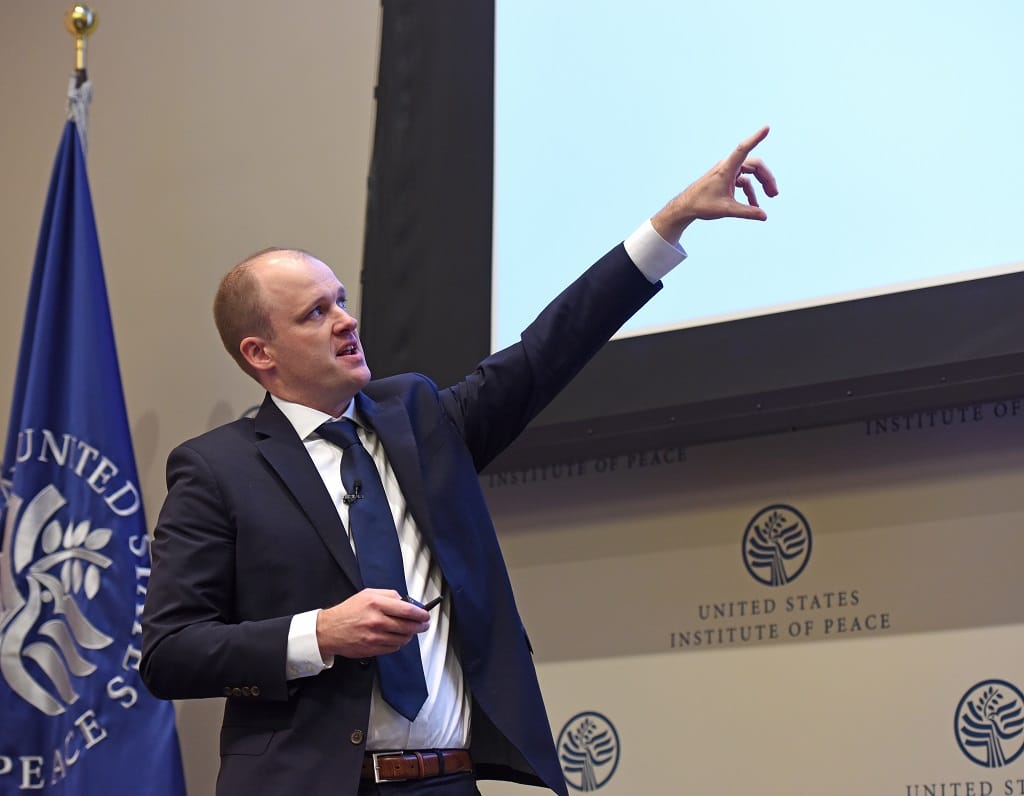Vague Social Media Laws Create Fear in the Middle East. Can Encryption Tools Help?
Experts discuss how social media is being treated in the Middle East and how to respond.
Ashlan Gruwell

WASHINGTON, January 25, 2022 – Far from being the savior of democracy in the Middle East, four experts said Monday that social media, and government regulation of it, is beginning to hurt civil rights activists.
The world is witnessing an increase in laws restricting social media access and hence regulating freedom of speech, especially in the Middle East, agreed the panelists, speaking at a Brookings Institution event.
Dina Hussein, the head of counterterrorism and dangerous organizations for Europe, the Middle East, and Africa at Facebook, and Chris Meserole, a senior fellow at the Brookings Institution, stated that too many countries are passing vague laws about what is and isn’t allowed on social media.
These new laws are purposefully unclear, they said. This new strategy has made it easier for the government to take down posts and restrict critics’ internet access while leaving up the posts of supporters and government officials.
These laws also spread fear within the regime because the vagueness puts anyone at risk of being arrested for something they post, they said.
When asked what can be done, Hussein said that Facebook promotes honesty through a website that focuses on Facebook’s own transparency and raises awareness of other countries’ laws for their users. In addition, Facebook is personally working to support civil rights activists in the areas of the world that are implementing such laws, Hussein said.
Encryption to avoid surveillance
Meserole said that democratic governments should not be fighting “fire with fire.” Instead, he wants civil rights groups in the Middle East to strengthen their ability to operate without social media. Many activists rely on social media to build their bases and spread their message. So, Meserole emphasized that as the authoritarian regimes increase their abilities to watch, manipulate, and censor social media, democratic governments should invest in technology that will help those who are fighting for civil rights encrypt their media or work outside of the surveillance of government.
Another concern of the guest speakers was the rise in online misinformation and the trend of authoritarian regimes making new accounts to promote their message rather than trying to censor the language of the opposition.
Some people wonder why these groups don’t just eliminate media within their countries. Meserole’s answer is that the government has it is own various benefits to having social media, and so they pass vague internet laws that allow them to have more legal control instead.









Member discussion